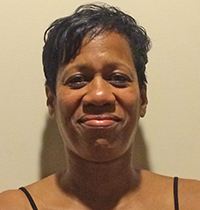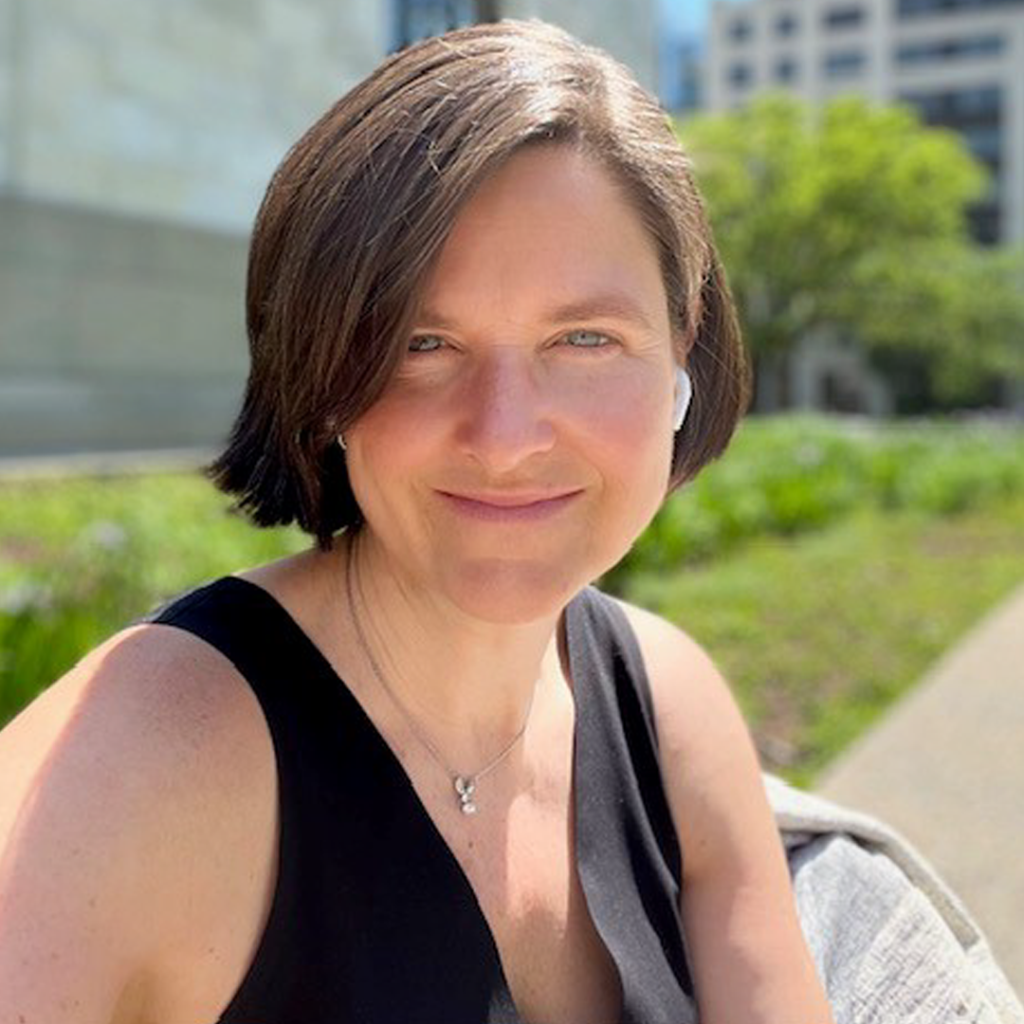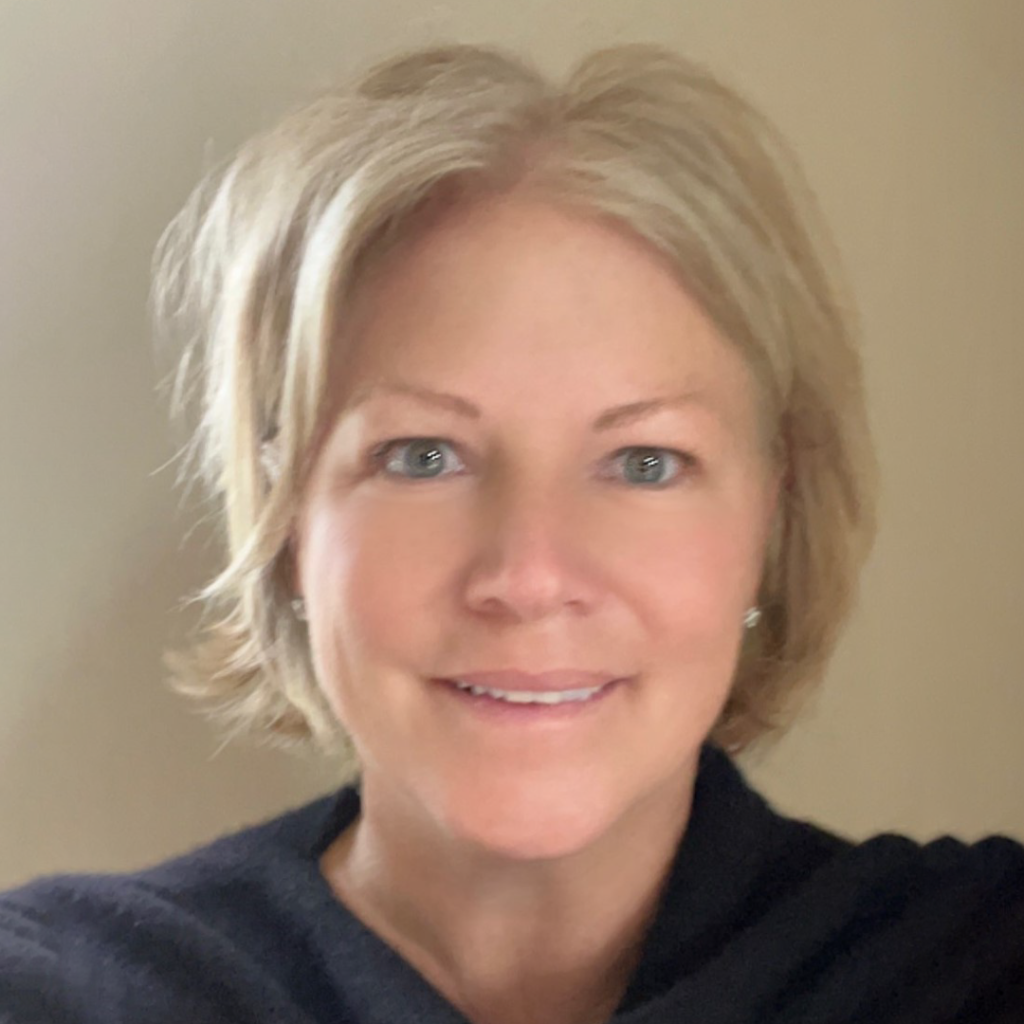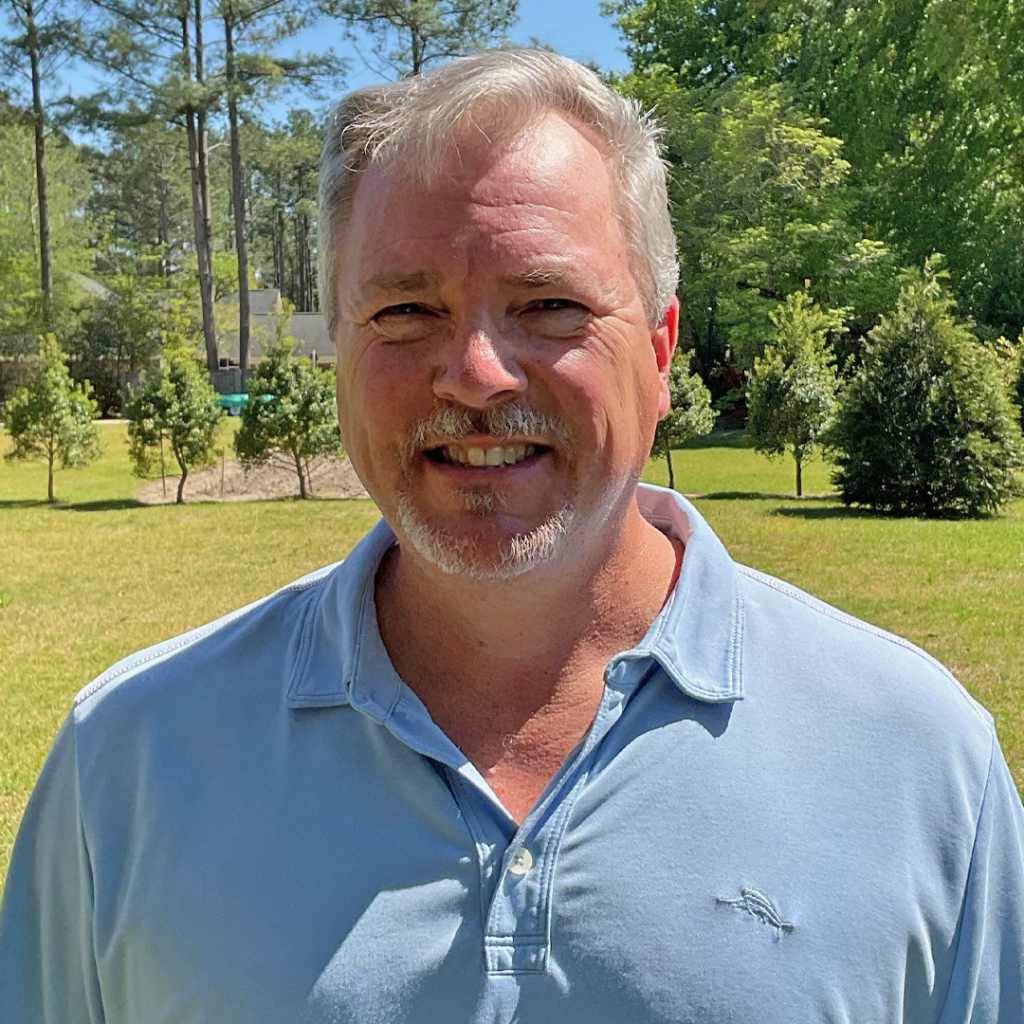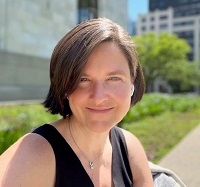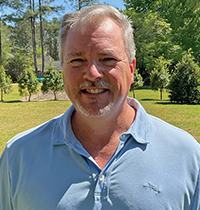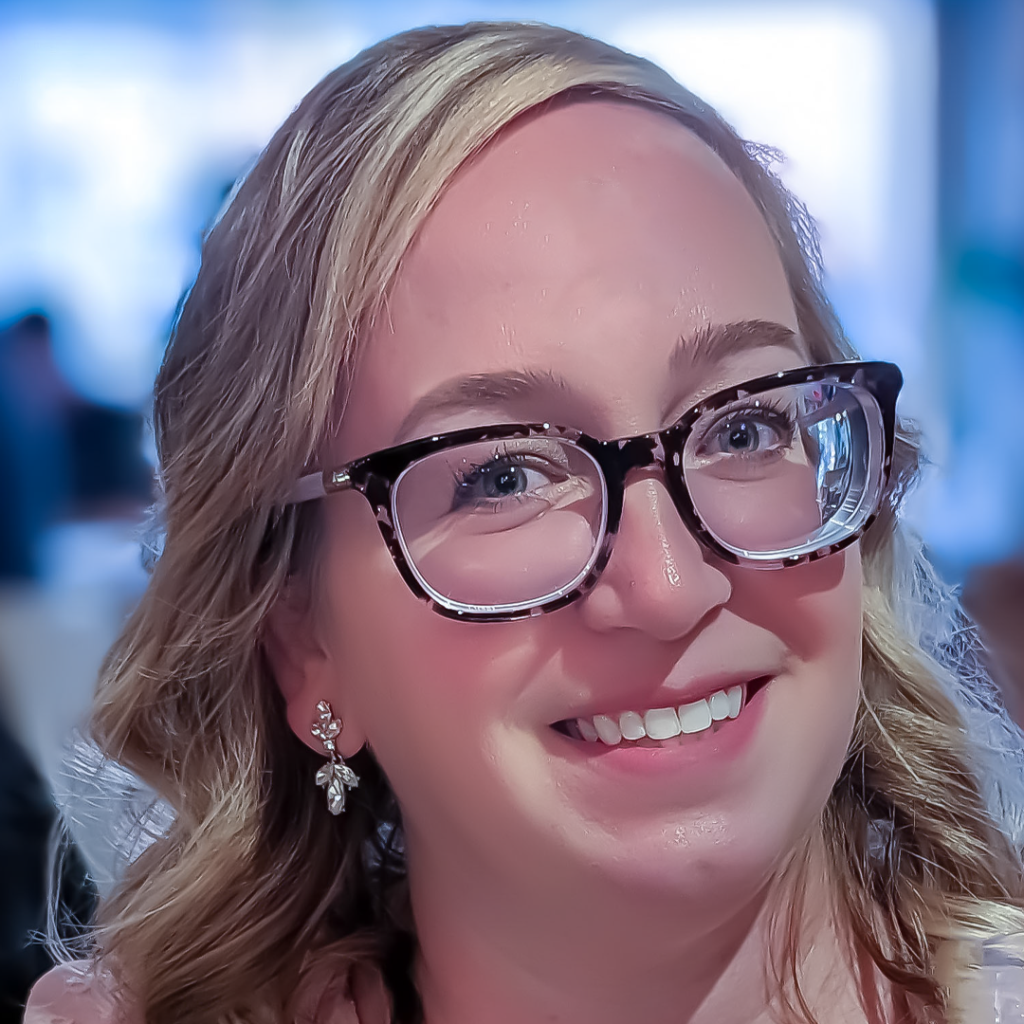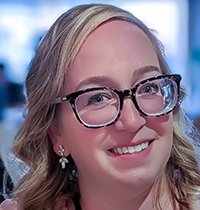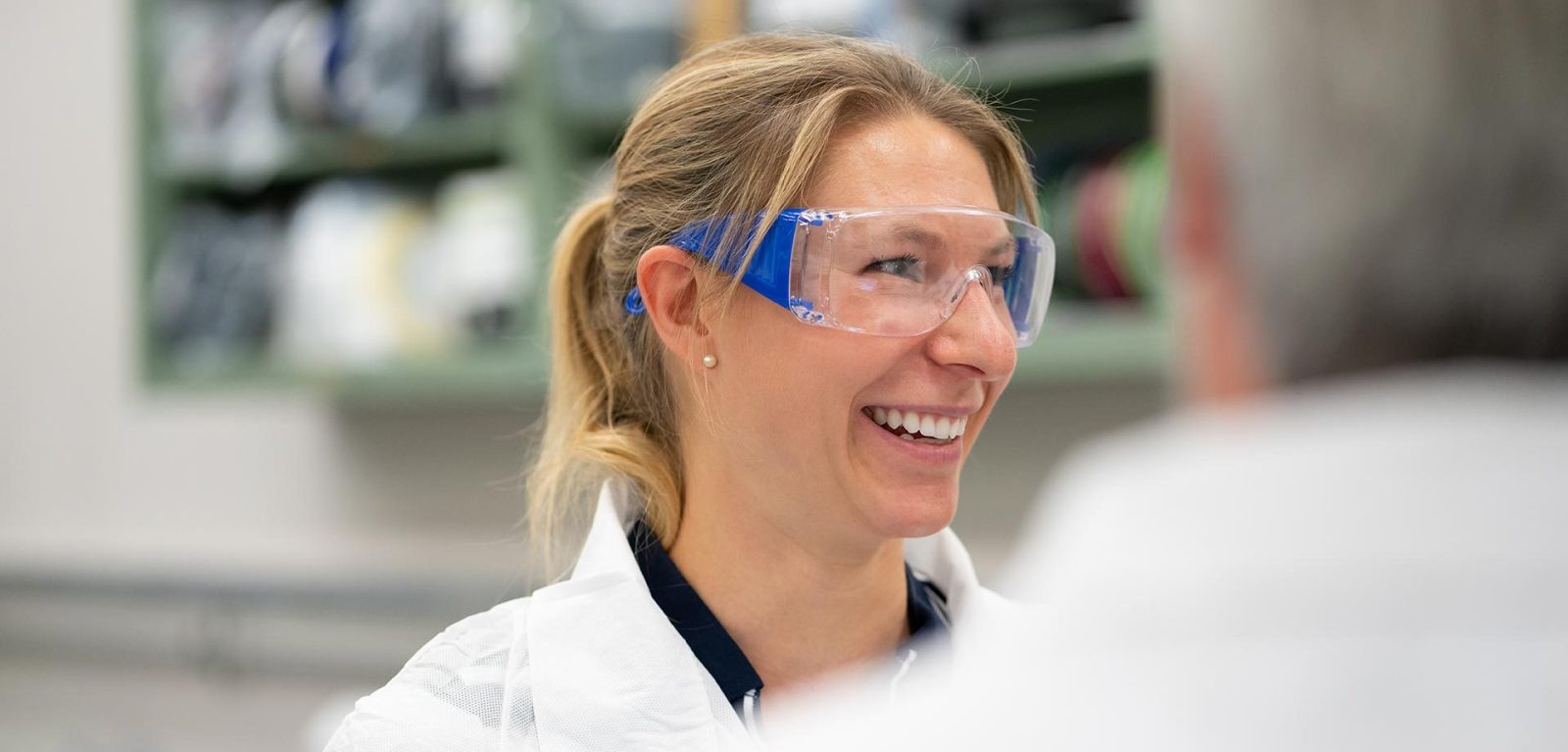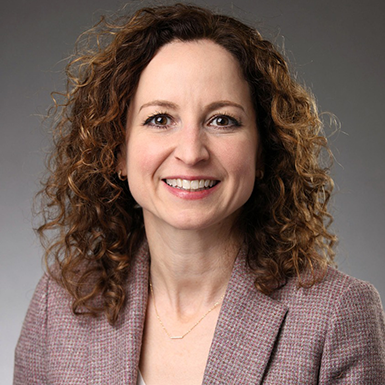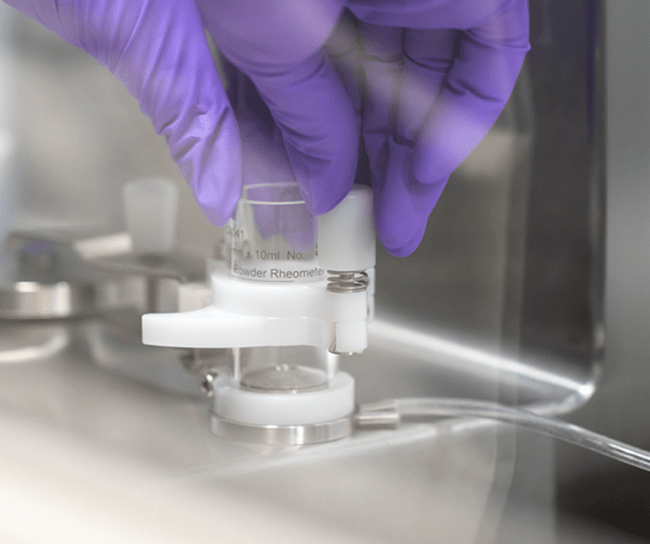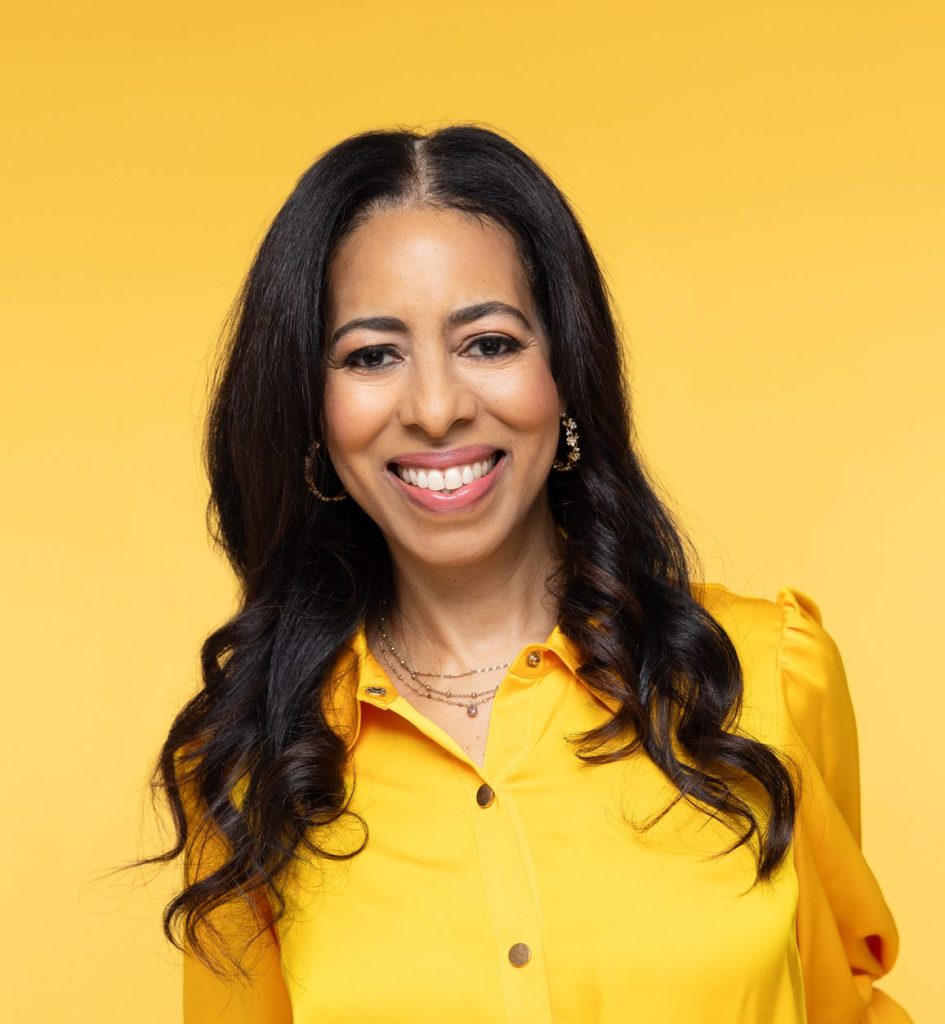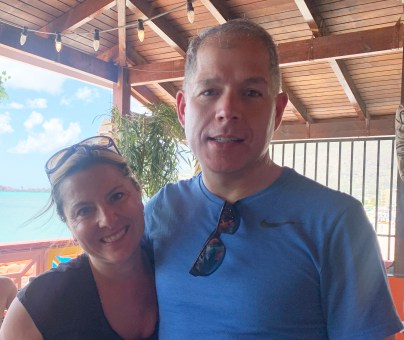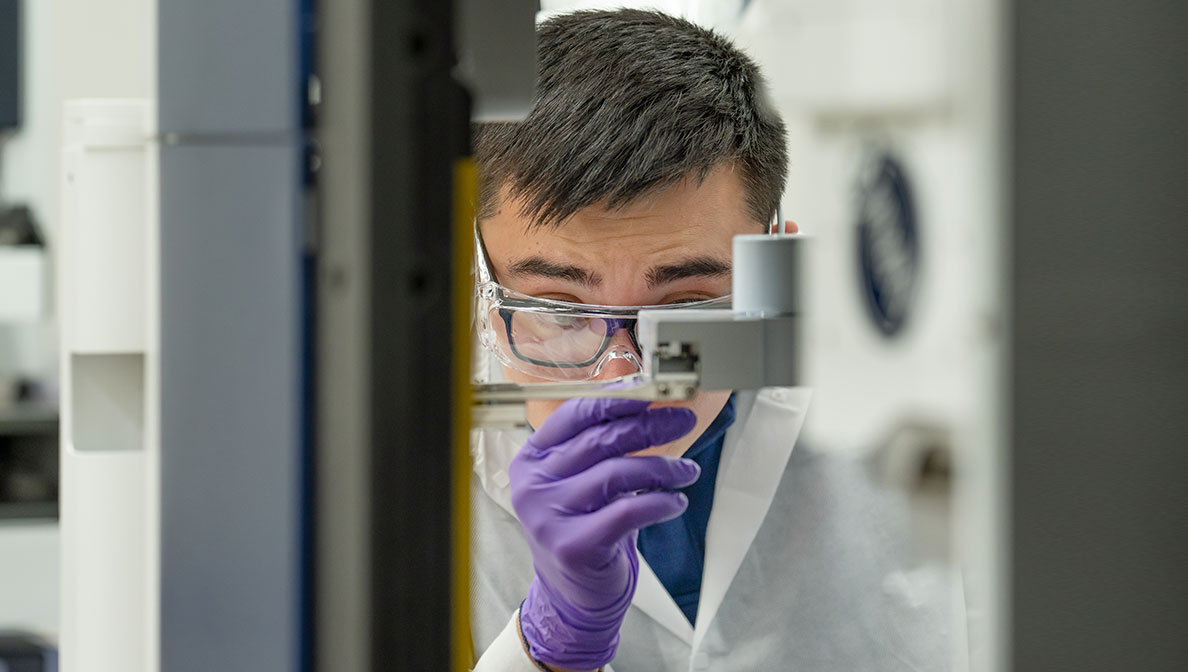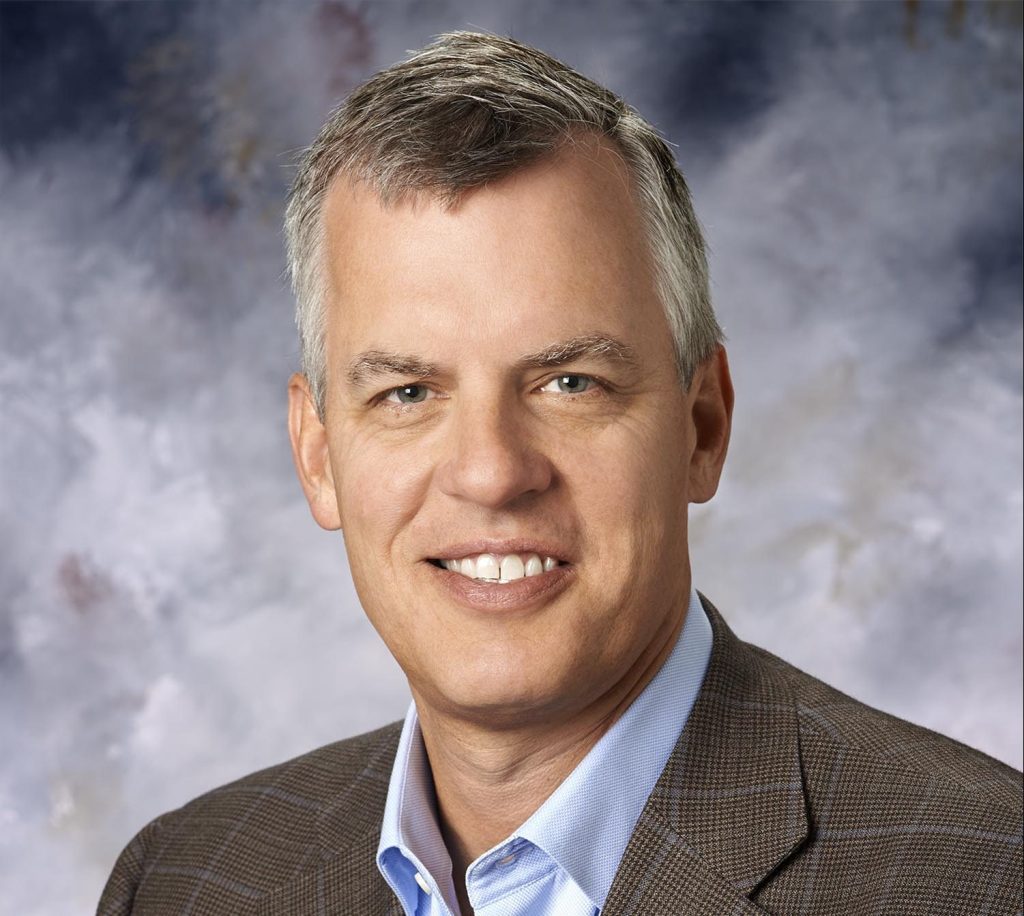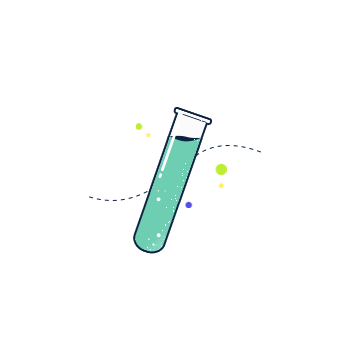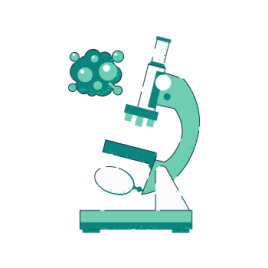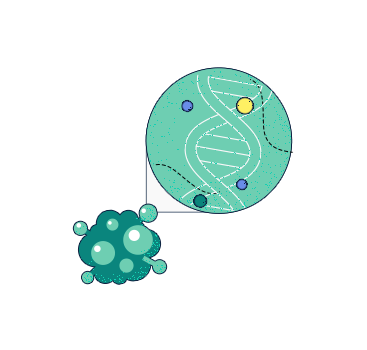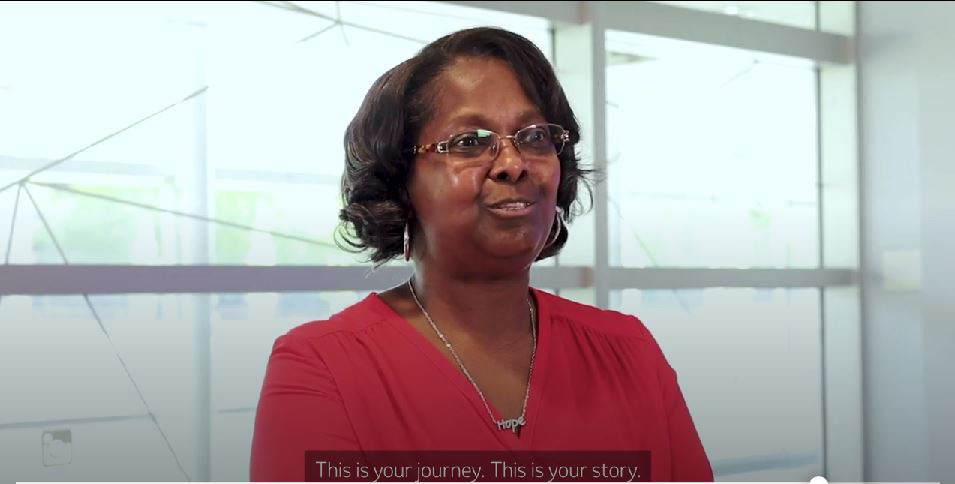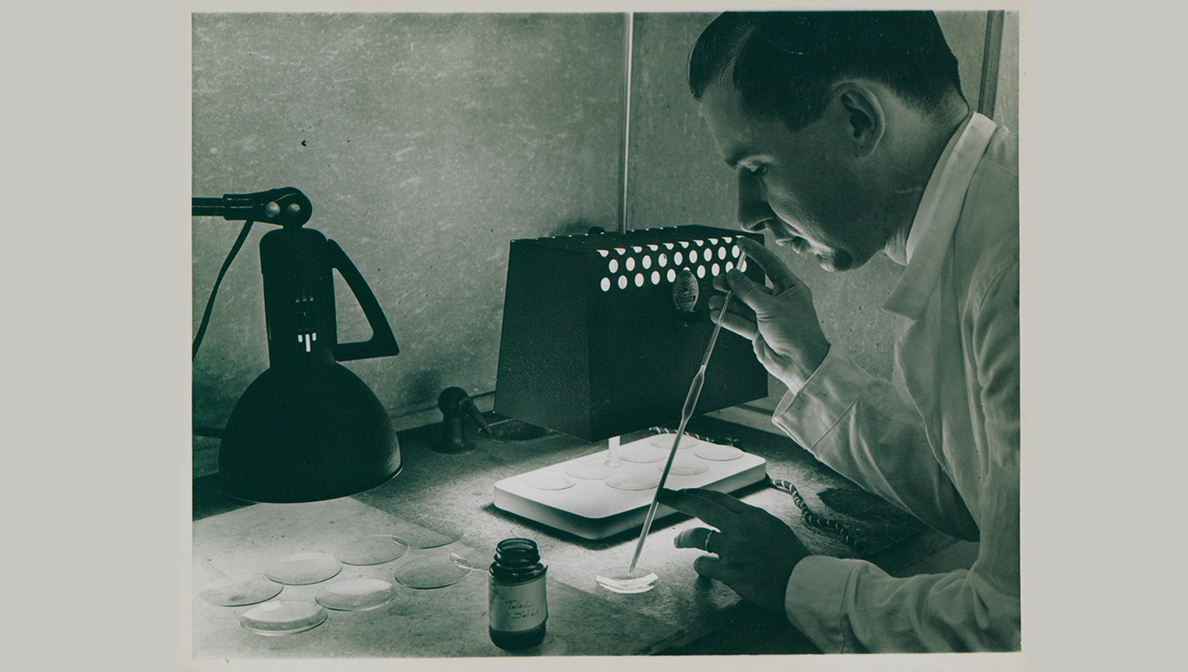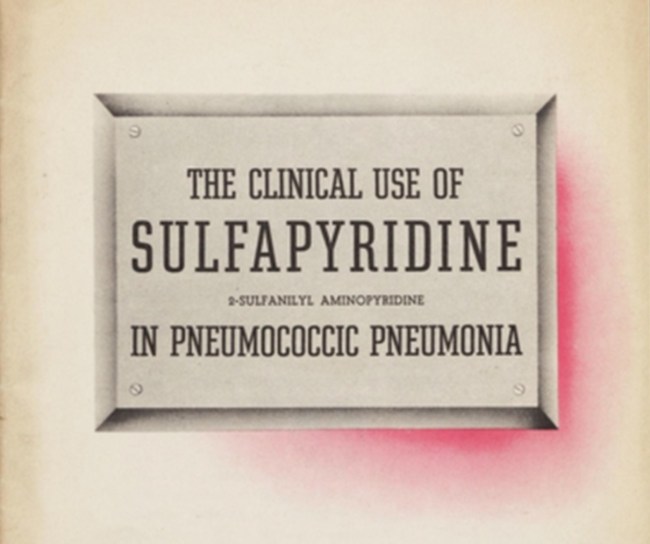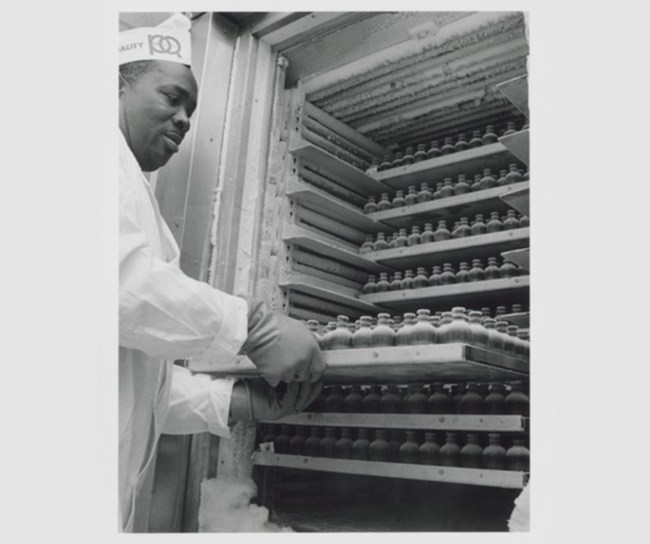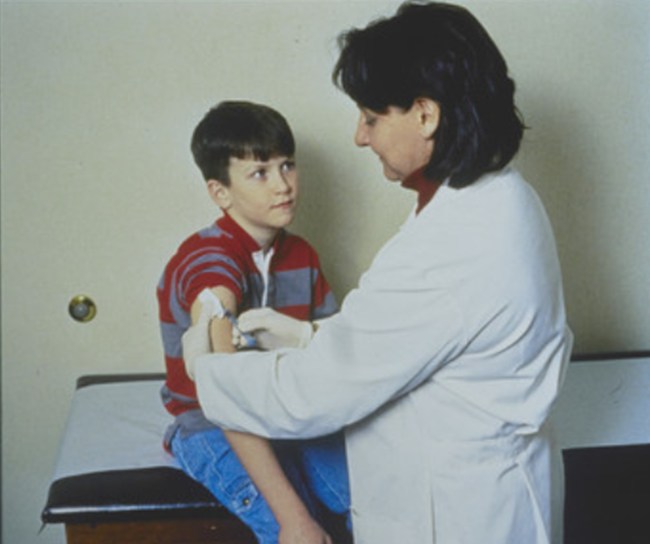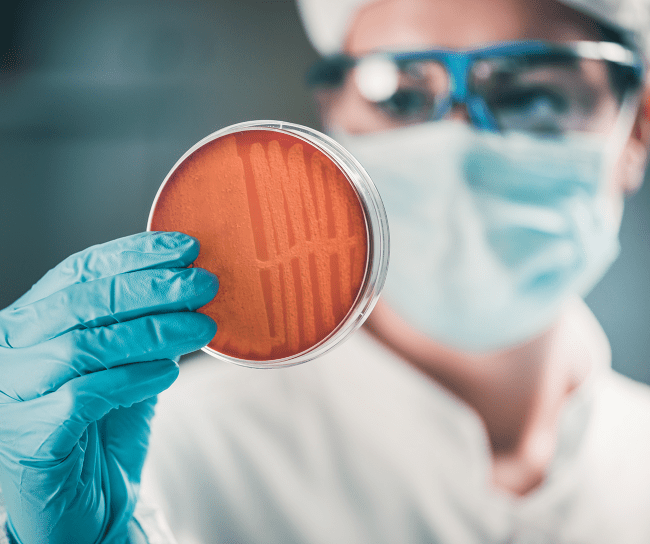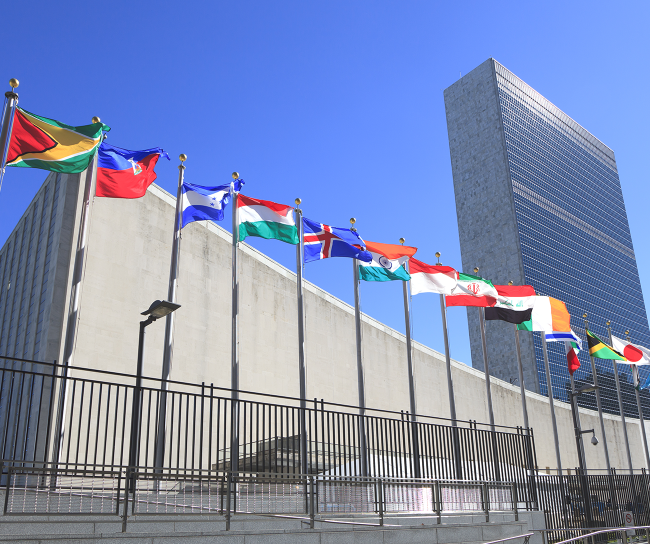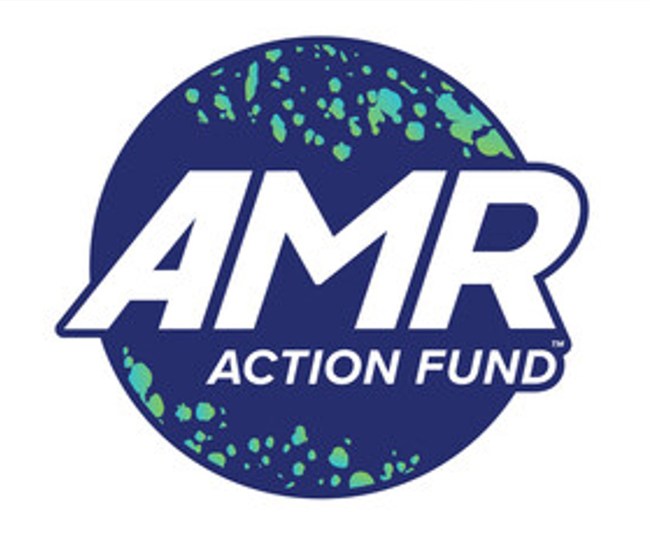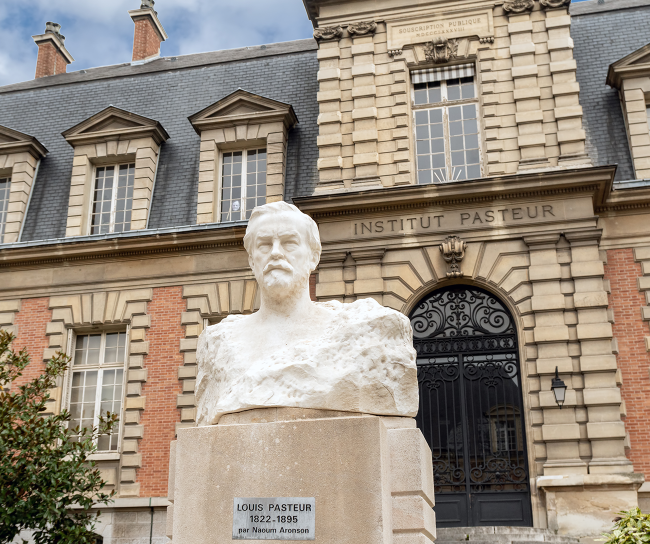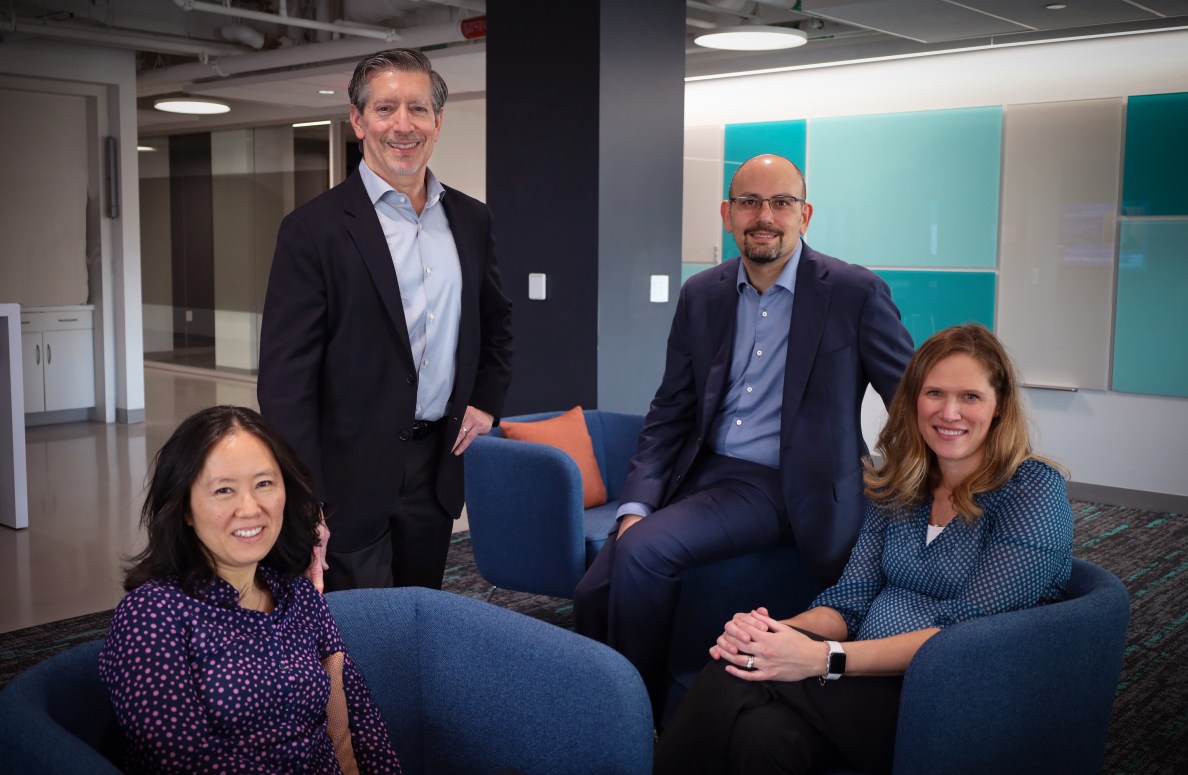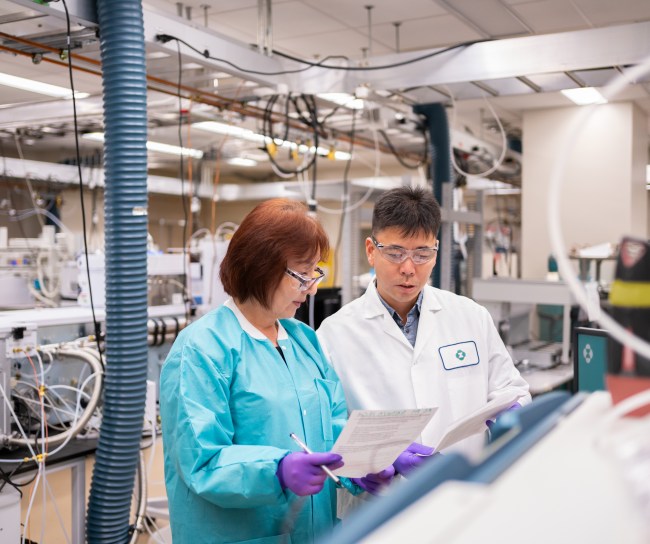Teaming up with Eisai to help fight cancer
How we're leveraging each other’s unique strengths to help advance cancer research
April 10, 2024
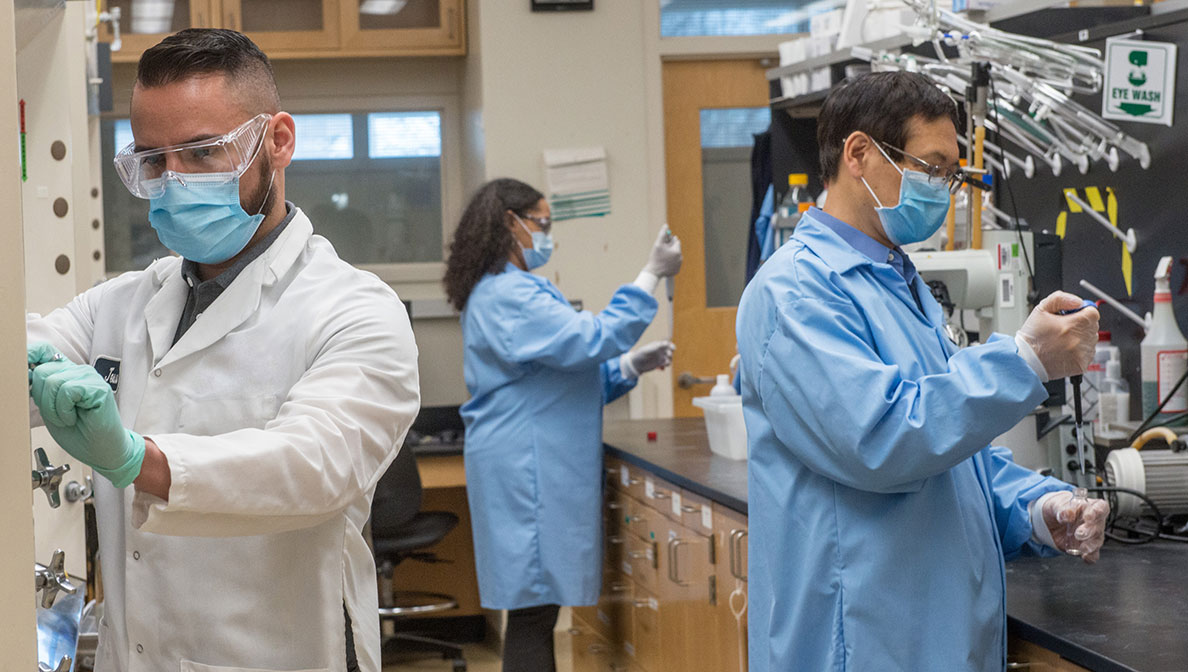
Combining two ambitious cancer research teams to form a united front to help people with cancer
It’s sometimes said that the whole is greater than the sum of its parts. That’s why in 2018 we teamed up with Eisai, a global pharmaceutical company headquartered in Japan, to work together to advance cancer research.
“Combining Merck’s leadership in immuno-oncology with Eisai’s strengths in small molecules allows us to advance a combination approach that has the potential to help more people living with challenging cancers,” says Dr. Gregory Lubiniecki, vice president, global clinical development, Merck Research Laboratories.

"There's still an unmet need for many patients with cancer. These patients and their families are in need of more treatment options, and this remains at the forefront of our collaborative efforts."
Dr. Takashi Owa
Vice president, chief medicine creation and chief discovery officer, oncology business group, EisaiTogether, we’re striving to drive cancer science forward, and this shared vision has led to multiple clinical trials investigating the companies’ combination treatment option in various tumor types.
Through this comprehensive approach, we’ve been expanding the joint clinical program to help as many cancer patients as possible.
Why did you decide to go into oncology research?
“My decision was very personal,” says Owa. “At the age of six, my grandmother passed away from gastric cancer. I couldn’t fully process what had happened to her at that young age. It wasn’t until I entered junior high school that I began to understand the toll cancer had taken on her, which motivated me to learn about cancer and find my passion in cancer research.”
Lubiniecki’s experience was also very personal.
“Watching my mother recover from breast cancer while I was in high school exposed me to the challenges patients face when battling cancer. These experiences inspired me to ultimately pursue oncology,” explains Lubiniecki. “Oncology clinical research offers an opportunity to impact the practice of medicine greatly.”
Looking to the future
“I’m proud of what we’ve been able to accomplish together in our pursuit to investigate additional options for patients across a broad range of cancer types through our robust clinical development program,” says Lubiniecki.
Owa is optimistic about the progress the two teams have made together. “We’ve already seen encouraging anti-tumor activity in several difficult-to-treat cancers, which has led to multiple milestones to date,” he says. “As we continue to enhance our knowledge and scientific evidence through our ongoing clinical research efforts, together, we aim to give patients and their families hope.”
Lubiniecki believes that collaborations are important to continuing to advance cancer research and improve the outcomes of people with cancer.
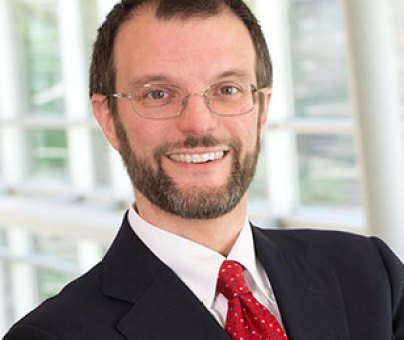
“A collaborative approach is key to advancing science and making strides in drug discovery and development.”
Dr. Gregory Lubiniecki
Vice president, global clinical development, Merck Research Laboratories“Working with others driven by the same patient-centric goals can yield innovations and is imperative to continued progress in improving patient care,” says Lubiniecki. “I’m thrilled to be a part of this collaboration as we continue to advance and expand the clinical trial program.”

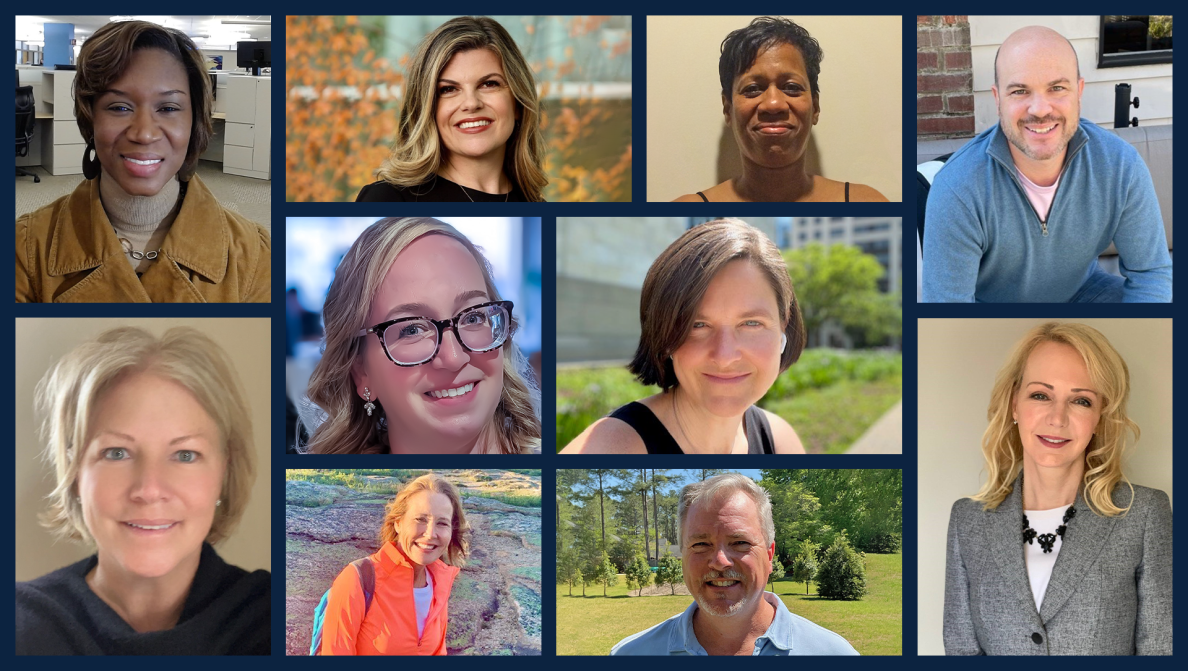


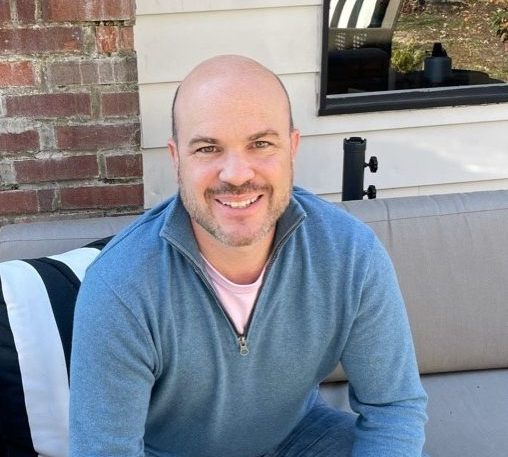
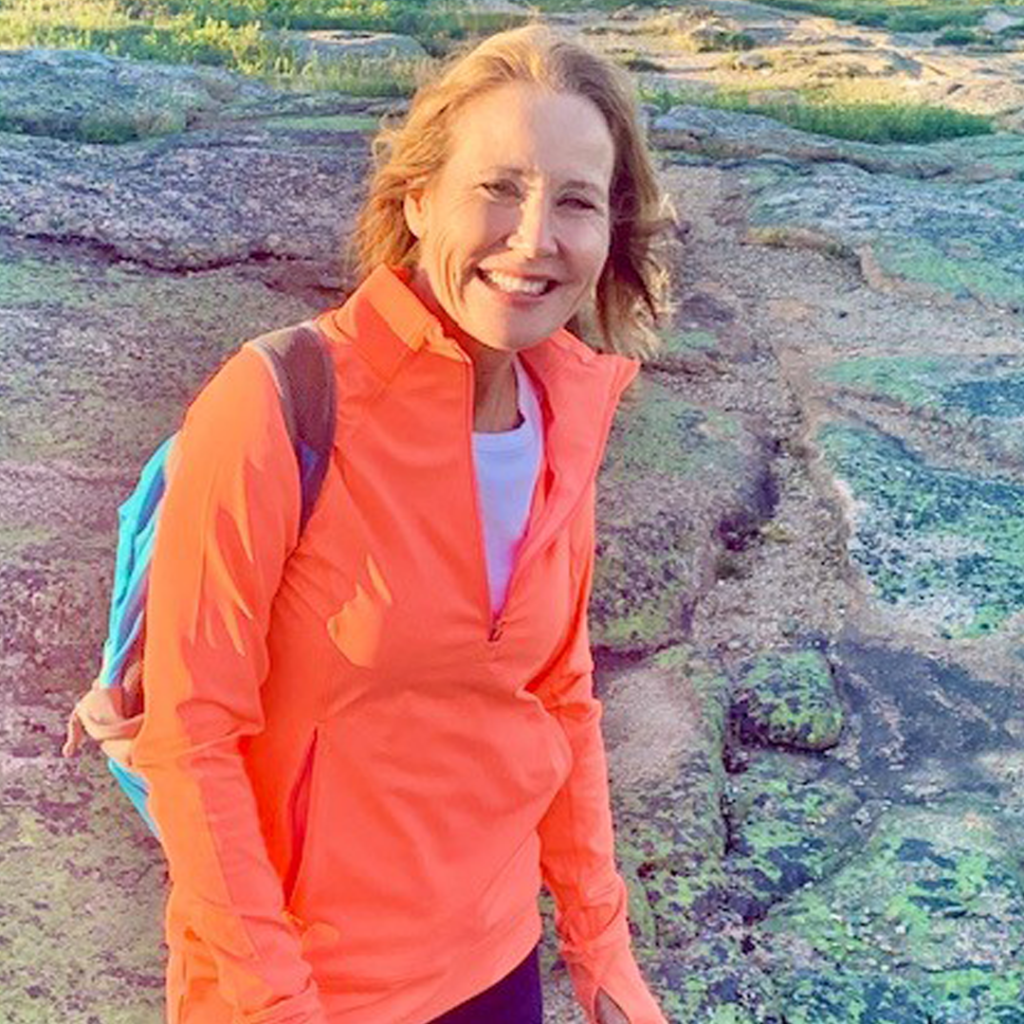
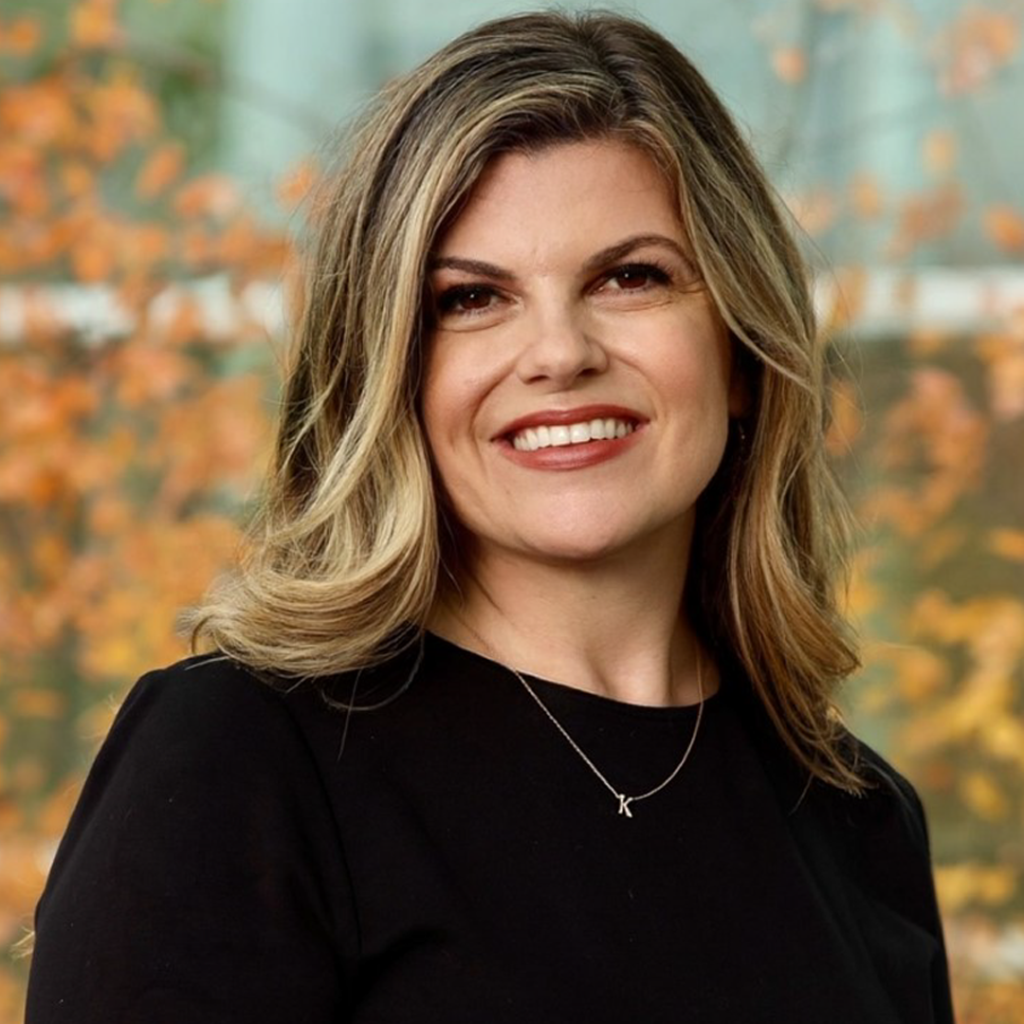
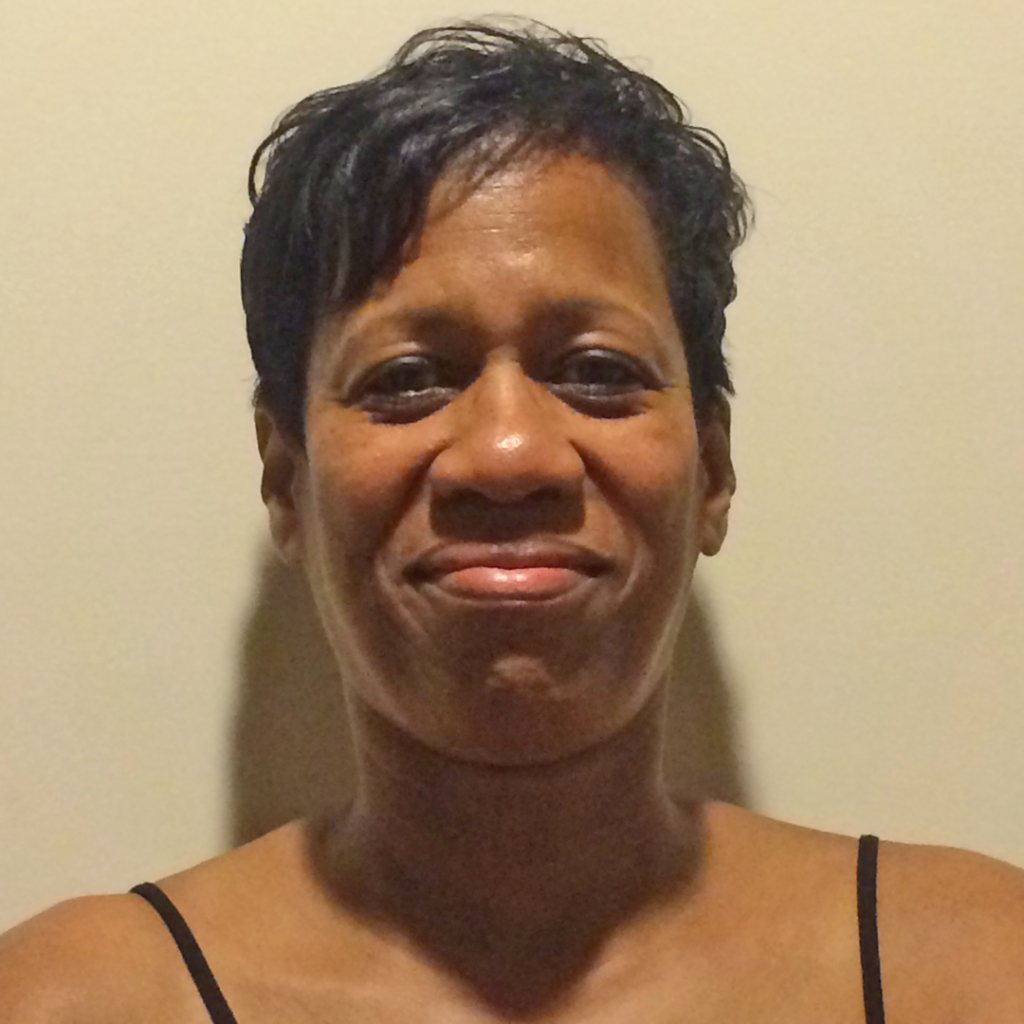
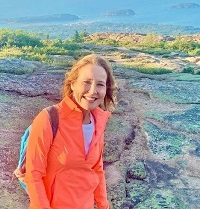 “With Merck’s patient-centric values, I’m empowered with valuable tools to help patients. Merck has always been committed to science and education . . . it’s a perfect organization for a nurse to thrive in.”
“With Merck’s patient-centric values, I’m empowered with valuable tools to help patients. Merck has always been committed to science and education . . . it’s a perfect organization for a nurse to thrive in.”
